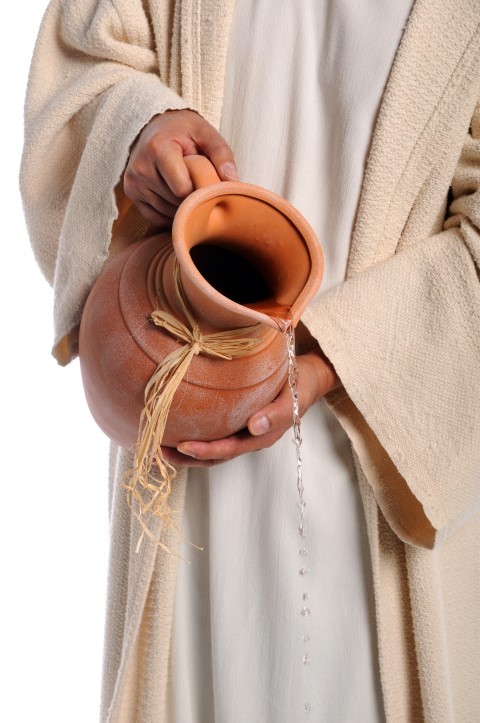What Manner?

Matthew 8:27; Luke 7:39; 9:55, 2 Peter 3:11–12; 1 John 3:1
In each of the five scriptures above, we have the words “what manner.” Sometimes when we pick out a particular word and link it with other verses where the same word occurs, we may find that in the original language in which the scriptures were written, it is not the same word, but in the five verses quoted above, they are the same word in each case.
It is a word used by the Holy Spirit to draw attention to the character of a person. It has been said that it is wrong to use this word as regards the Lord Jesus, because in our use of the expression today we are pointing out the outstanding feature of a person, whereas every feature of the Lord Jesus was in perfect balance, for example, his kindness and love to all those around Him was always balanced by His faithfulness to God. Again, “grace and truth came by Jesus Christ.” We usually emphasize one or the other, but with Him, they were always in perfect harmony with each other.
- When the disciples saw the Lord Jesus walking on the sea, they said, “What manner of man is this that even the winds and the sea obey Him!” Truly they wondered at such a demonstration of His power which shewed indeed who He was as to His person, but even here He was coming to them because of their plight, to strengthen their faith and to relieve them of their danger. In our circumstances, the greater the sense we have of the power and glory of the person who is our Savior, the more our faith and grace will be sustained.
- In Luke chapter 7, Simon the Pharisee, referring to the woman who was at the Lord’s feet weeping says, “This man, if He were a prophet, would have known who and what manner of woman this is that toucheth Him: for she is a sinner.” Simon may have known some of her sins, and this was what so outraged him, if such a person could touch the Lord Jesus how could he be a prophet. His self-righteous mind not only judged the woman, but the Lord Jesus also. How little he understood the heart of Jesus! The Lord knew every one of her sins, He soon was to bare them in His body on the tree, but He knew also her repentance and her love for Himself as she washed His feet with her tears and wiped them with her hair.
- In Luke 9, the Lord Jesus uses the word in reference to His disciples as He rebuked them for wanting to bring fire down upon those who were refusing the Lord Jesus, “Ye know not what manner of spirit ye are off. For the Son of Man is not come to destroy men’s lives but to save them.” The disciples here were quite wrong in seeking the destruction of men who refused the Lord Jesus because they were not acting as He was, they had been with Him for some time but had not taken on the same spirit as was seen so perfectly in the Lord. Sadly, how often it is so with us. If we were more occupied with the grace and kindness of the Lord Jesus perfectly balanced with the truth as seen in Him, then we would be more formed to His likeness.
- Peter in his second epistle uses the word in regard to the “manner of persons ought ye to be in all holy conversation and godliness, looking for and hasting unto the coming of the day of God.” Peter here tells us of the tremendous events that will take place when the day of the Lord will come, which will bring to an end the whole sphere of creation and usher in the day of God and a “new heavens and a new earth wherein dwelleth righteousness.” The believer as knowing these things ought to walk and live in a way that is in keeping with such events.
- In John’s first epistle he writes to draw our attention to the “manner of love the Father hath bestowed upon us, that we should be called the children of God.” It is impossible for us to fully take in this manner of love as it involves the purpose of God in eternity when, “He chose us in Christ before the foundation of the world,” the coming into manhood of His beloved Son, His lowly birth, His perfect life, His suffering in the garden and the rejection and abuse of men, Calvary and all that it meant to Him during the three hours of darkness, then the laying down of His life in obedience to His Father’s will, His taking His live again in resurrection and ascension as a man to the right hand of God and the gift of the Holy Spirit. All of this was to accomplish what the Father’s love had planned for us.




